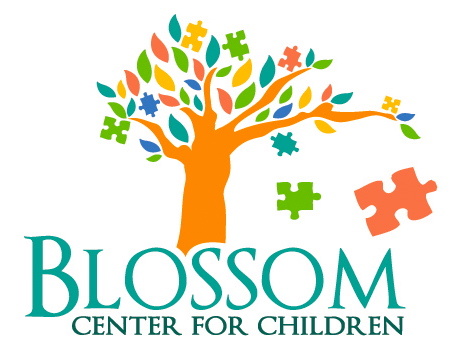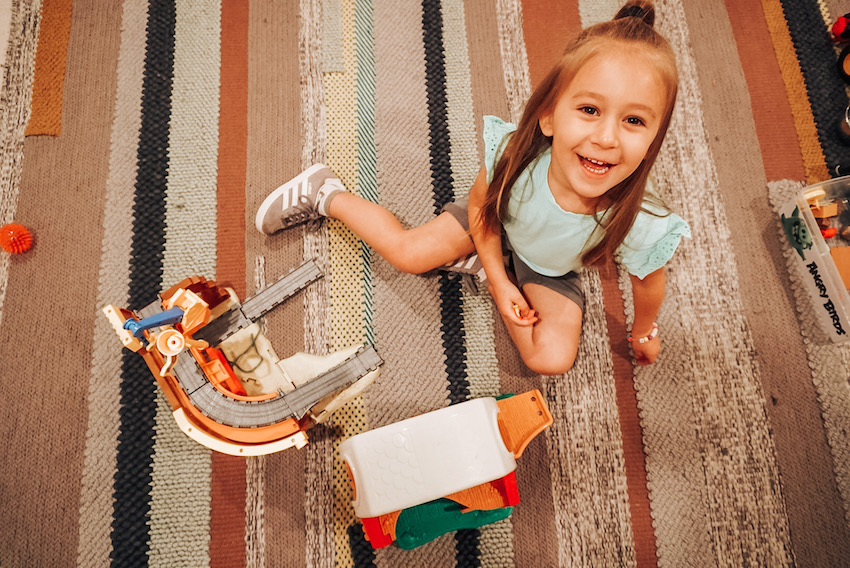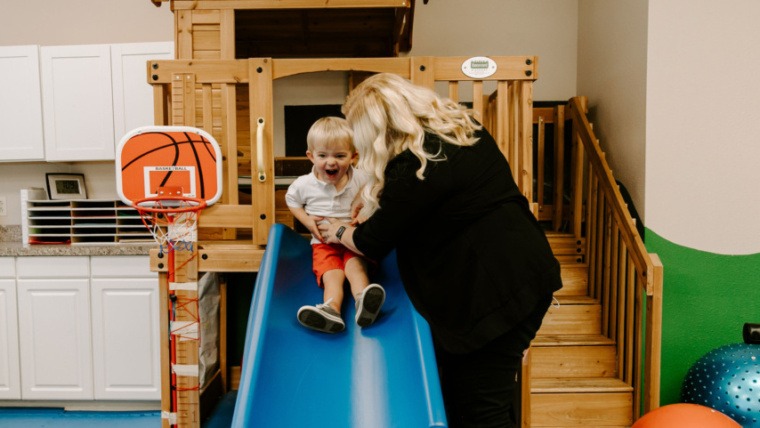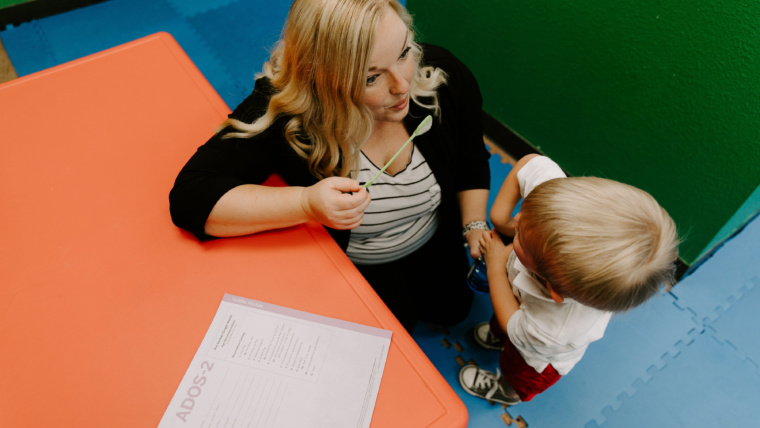By: Hallie Respondek, M.Ed., BCBA, LBA
April 1, 2021
April’s clinical topic within our organization is: PLAY!
Play guides social development by giving children a safe space to practice skills that may later be used in other environments. Play also socially connects children with others and is often highly enjoyable for all those involved!
While play is important and valuable, an autism diagnosis often impacts a child’s ability to be motivated by play. Due to the social deficits and restrictive/repetitive behaviors that an autism diagnosis may bring, it often needs to be taught. First, it’s important to consider the appropriateness of the activities and a child’s developmental age and current abilities. For example, a child that’s speaking in single words, may have a lot of difficulty within a cooperative play arrangement (that requires full sentences). We want to meet children exactly where they are developmentally to increase their success and enjoyment with play. Below are some appropriate sample activities for each type of play category!
Sensorimotor Play (appropriate for kiddos that are mostly nonverbal to using single words)
- Exploring different items, surfaces, and textures
- Engaging with lights, bubbles, and other interesting visual toys
- Musical play- singing, dancing, and making silly sounds
- Physical play- tickle games, running, bouncing
- Social cause and effect- watching reactions from people after an event (making a funny/silly face and sound after a kiddo touches an object)
Pretend Play (appropriate for kiddos using single words to full phrases)
- Imitating routines previously observed- cooking dinner, eating at the table, and simple games
- Building with blocks, making food with playdoh or simple crafts
- Symbolic play- using items that represent other objects (a block as a phone or a book as a pillow)
Cooperative Play (appropriate for kiddos using phrases to full sentences)
- Play activities where the child pretends to be another role and uses props (pretending to be a doctor with a doctor kit)
- Play activities where the child pretends their object is engaging in another role (Barbies, dollhouse figurines, puppets)
- Play activities where the child is acting out without the use of visual props (pretending to be different types of dinosaurs without toys present)
- Sports- soccer, basketball, baseball, etc.
- Interactive group games- Red Light/Green Light, musical chairs, etc.
- Board/Card games- Life, Uno, Go Fish, etc.
**It’s important to consider sensory preferences with introducing different types of play**




